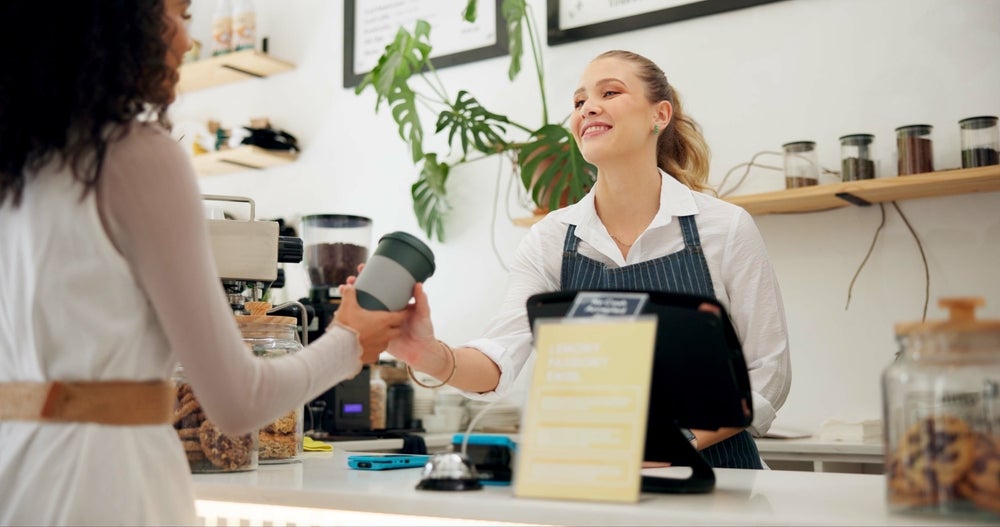Retailers around the world may want to note recent developments in the United States, where coffee and tea prices are rising sharply due to tariffs on imported goods. These increases are hitting small businesses particularly hard.
According to the US Bureau of Labor Statistics, the price of coffee jumped 14.5% year-over-year in July, bringing the average cost of a pound of ground coffee to $8.41.
Experts warn that ongoing tariff measures could continue to drive up costs for both consumers and retailers across the country.
Impact on small retailers
Small US businesses—especially independent coffee shops and specialty tea retailers—are facing steep price hikes. Jessica Simons, owner of Bethany’s Coffee Shop in Lincoln, Nebraska, reported price increases of 18% to 25% since January.
Many small retailers have been forced to introduce temporary fees or raise menu prices, struggling to maintain profitability.
Tariffs in the US are not limited to coffee and tea. Other imported goods, including avocados, tomatoes, and spices, are also affected.
The Tax Foundation reports that nearly 74% of US food imports, valued at $163 billion, face tariffs, making it difficult for small businesses to source alternatives domestically.
Supply chain challenges
Importers of coffee, tea, and spices face significant sourcing challenges due to the specialized nature of these products. Anjali Bhargava, founder of Anjali’s Cup, explained that her company depends on tea from India and spices from Vietnam, Thailand, Africa, and South America.
She noted that high US tariffs—up to 50% on tea from India—force small brands to choose between maintaining quality and staying financially viable.
Larger companies may absorb the cost increases or stockpile imports, but smaller retailers often lack these options. Analysts warn that this could reduce the variety of specialty and high-quality products available to US consumers.
Wider implications for US food prices
While the overall consumer price index for food remained relatively steady from June to July, tariff-sensitive items such as coffee, tea, and spices are experiencing significant inflation.
Heather Rice, a retail and consumer expert at KPMG, highlighted that tariffs could affect grocery store inventories, potentially influencing the availability and pricing of imported fruits, beans, and other goods.
Small US retailers caution that these pressures could disproportionately impact American consumers and independent businesses, reshaping the market for coffee, tea, and specialty foods across the country.
Navigate the shifting tariff landscape with real-time data and market-leading analysis. Request a free demo for GlobalData’s Strategic Intelligence here.













